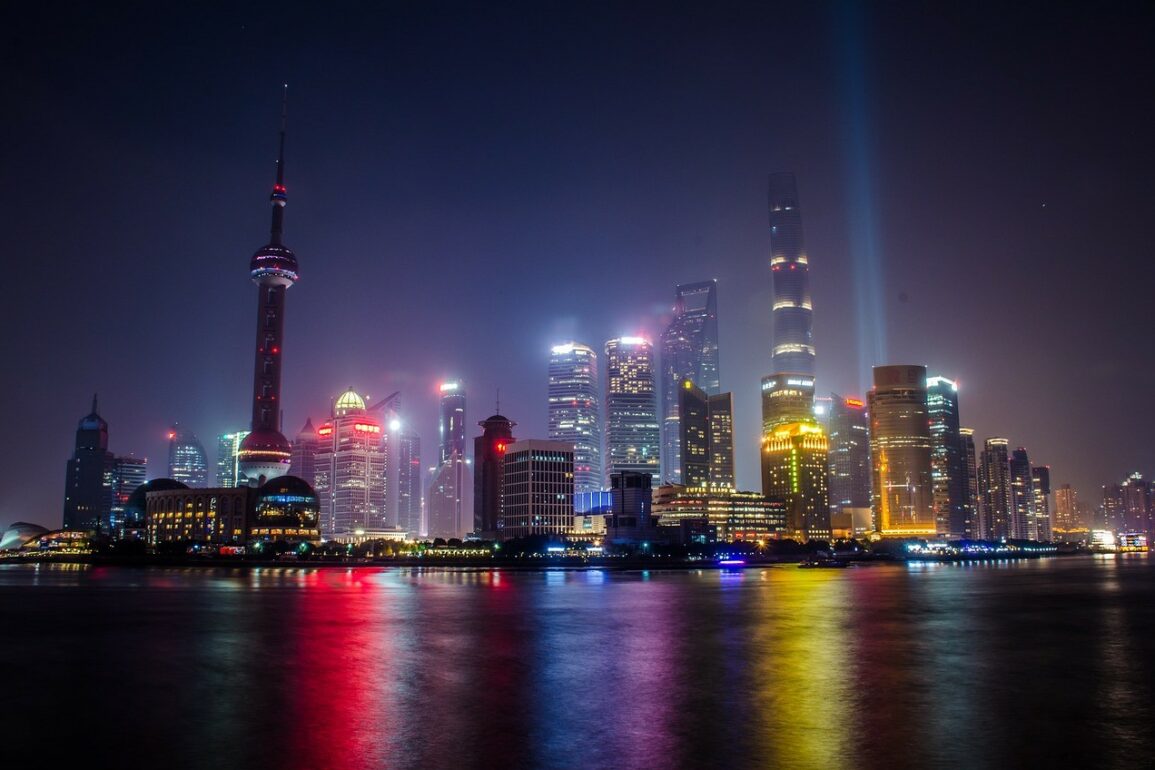Can China become an inspiring model? As surprising as it may sound, it is possible to learn from this country, which is not only a dictatorship, explains Emmanuel Lincot, sinologist, history professor at the Catholic University of Paris and research fellow at the Institute for International and Strategic Relations (IRIS). In order to do this, we have to shift away from the Western skewed vision of China.
The French perception of China is “narrow and ideologically oriented”, according to Emmanuel Lincot, who conducted a survey on the image of China in the French press for Victor Segalen Foundation in 2012. Journalists always focus on one aspect: human rights. As important as it is, China can not be viewed solely through this prism.
Chinese tastes and affects, the great artistic history of China, are missing. How can it be explained? Are journalists badly trained? Are they not invested enough? Indeed, the COVID-19 moment reinforced these assumptions: on TV, no journalist was able to correctly pronounce “Wuhan”, the city where it all began.
In spite of the conformism due to the government’s pressure, China is multifaceted: there is no unique mindset, Chinese people – as others all around the world – are not uniform. Freedom of expression is real – as long as there is no criticism of the regime, of course. However, today is far different from Mao’s years.
We must be more critical about how the West sees China. It is not something such as: China is a dictatorship but, there are so many other things. We have to broaden our vision and to be aware of both the positive and the negative: China is a dictatorship and, at the same time, a culturally rich country, which has succeeded in many fields lately.
For Chinese people, democracy doesn’t work. It is always synonymous with disorder, even chaos.
According to the sinologist, the image of France they have involves news about strikes, a poor education system, a recurrence of transport problems. As an example, the Shanghai metro, the longest in the world, is far more efficient, faster and cleaner, than the Paris one. For the Chinese, the concept of nation has weakened in European countries and France has turned into a third-world country.
The Chinese fascination for the West is fading away and gives room for a new sense of pride: China does not need anyone, anymore. The contempt for Western culture embodies itself in Chinese relationships with strangers. On the first hand, the regime’s pressure has intensified. “Since the enactment of the Hong Kong national security law (2020), every stranger can potentially be a spy” says Emmanuel Lincot. On the second hand, Chinese strong nationalism leads to racism – as elsewhere in the world. Violence against foreigners increased since the last dynasty (beginning of the 20th century). The ferocity of Uygur’s repression shows it, while a sense of cohesion strengthens among the homogeneous Chinese society, consisting in 99% of Hans (an ethnic group).
In some ways, “we have to learn from China” states the historian. It is not only a dictatorship, but a country with a very ancient and rich history, which made progress its leitmotiv. Because it has demonstrated an ability to quickly change, it “can give us some lessons” he says. Within 40 years, China has turned from extreme poverty and misery to the world’s second greatest power. And one key word justifies it: order.
The Chinese superiority complex may be legitimated, considering China’s very real outcomes. “In just 4 years, all the cars have been replaced by electric cars in the capital city”, asserts the historian. The country has the resources (money), plus the willingness, for things to change. The country gives us proofs that growing is its ultimate purpose.
Therefore, Western sanctions are “like mosquito bites”, concludes Emmanuel Lincot, adding that “China is a dictatorship and proud to be”.







